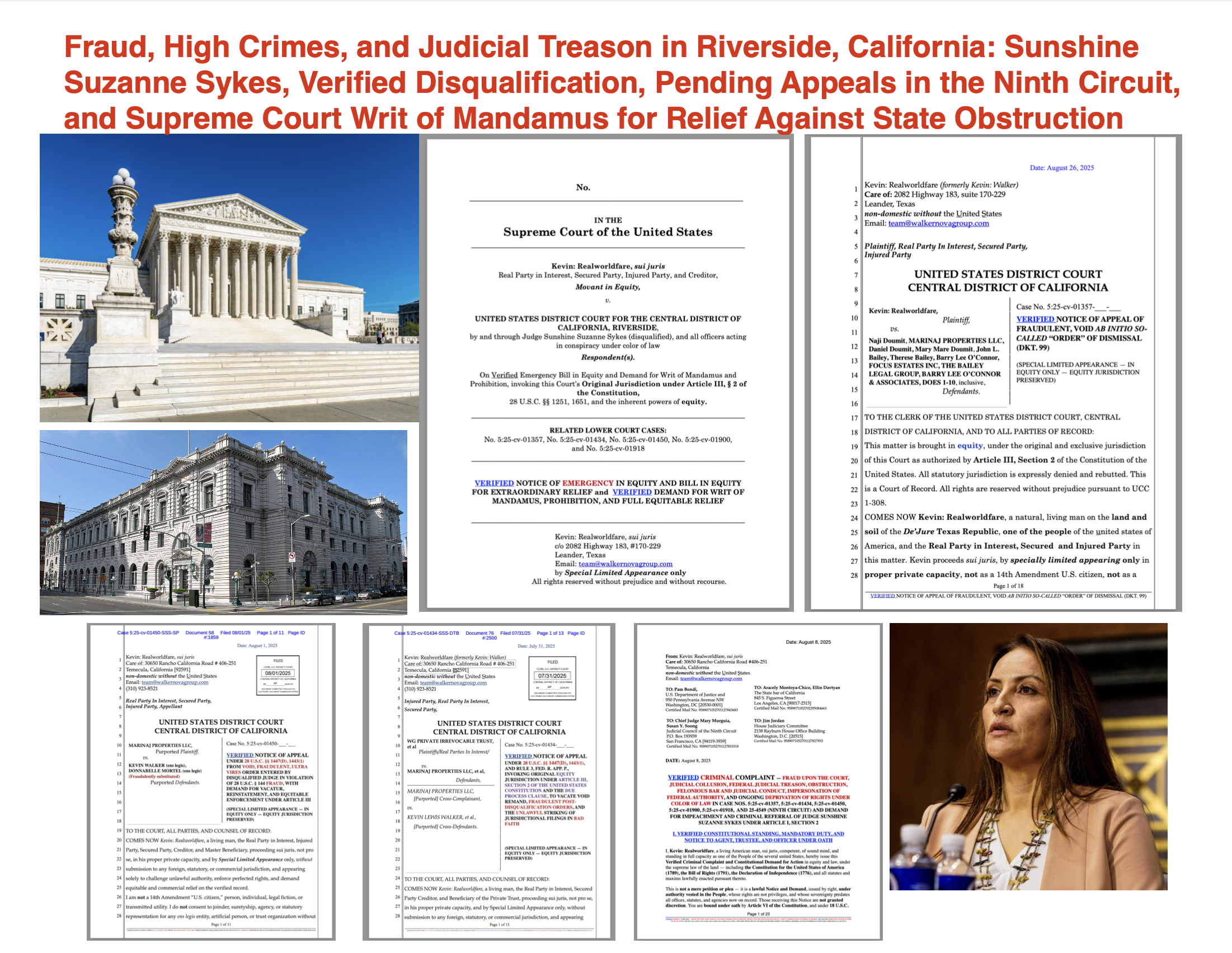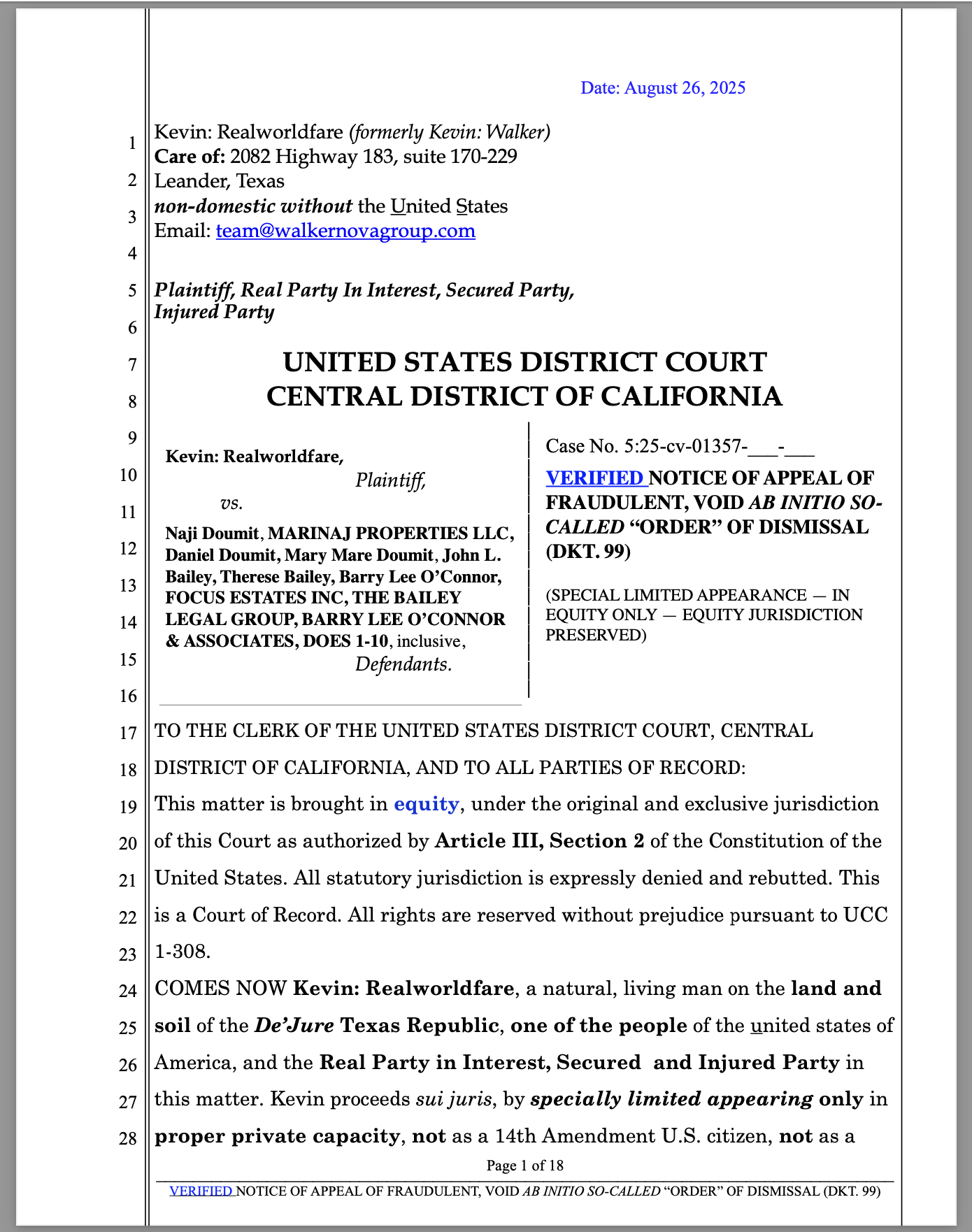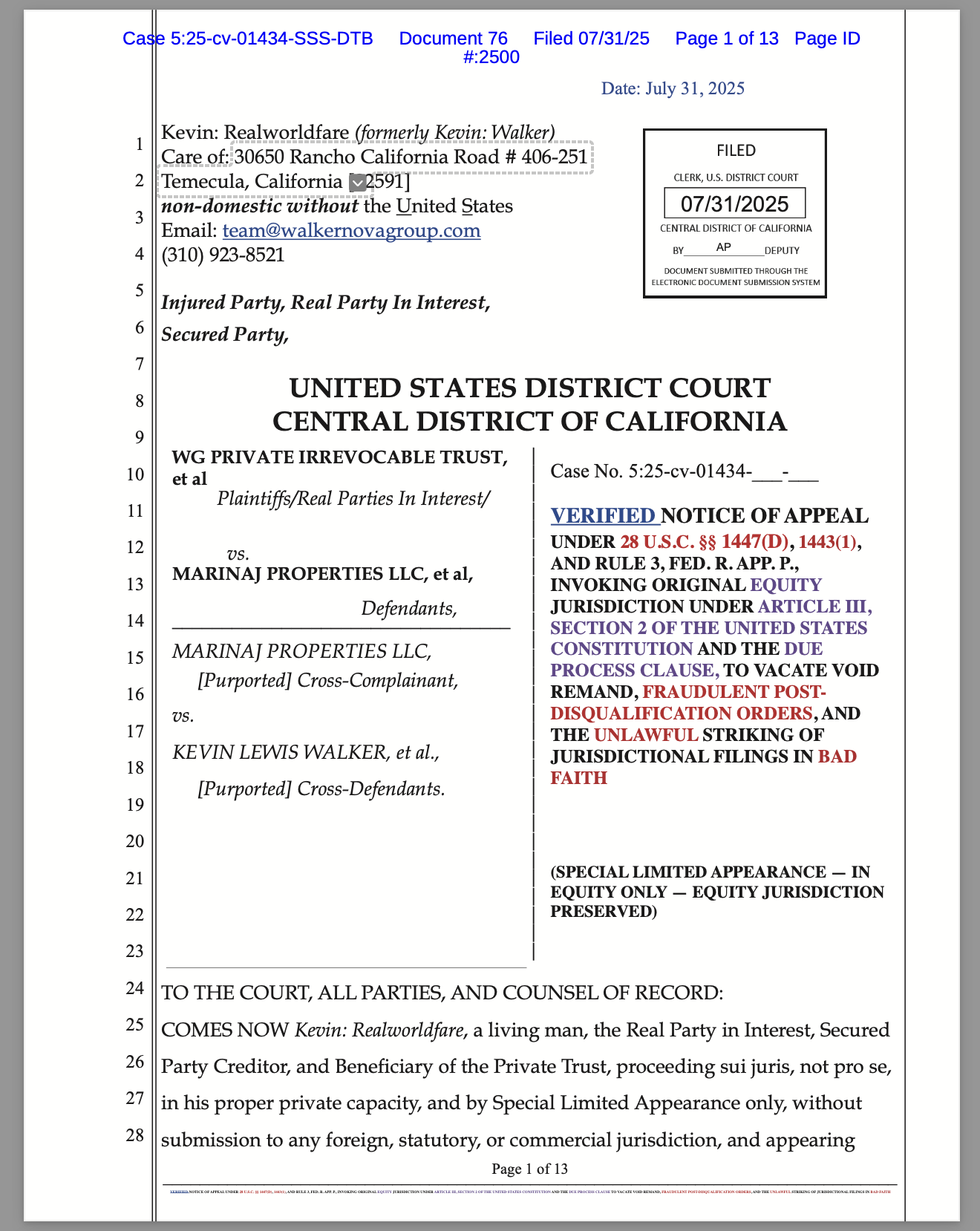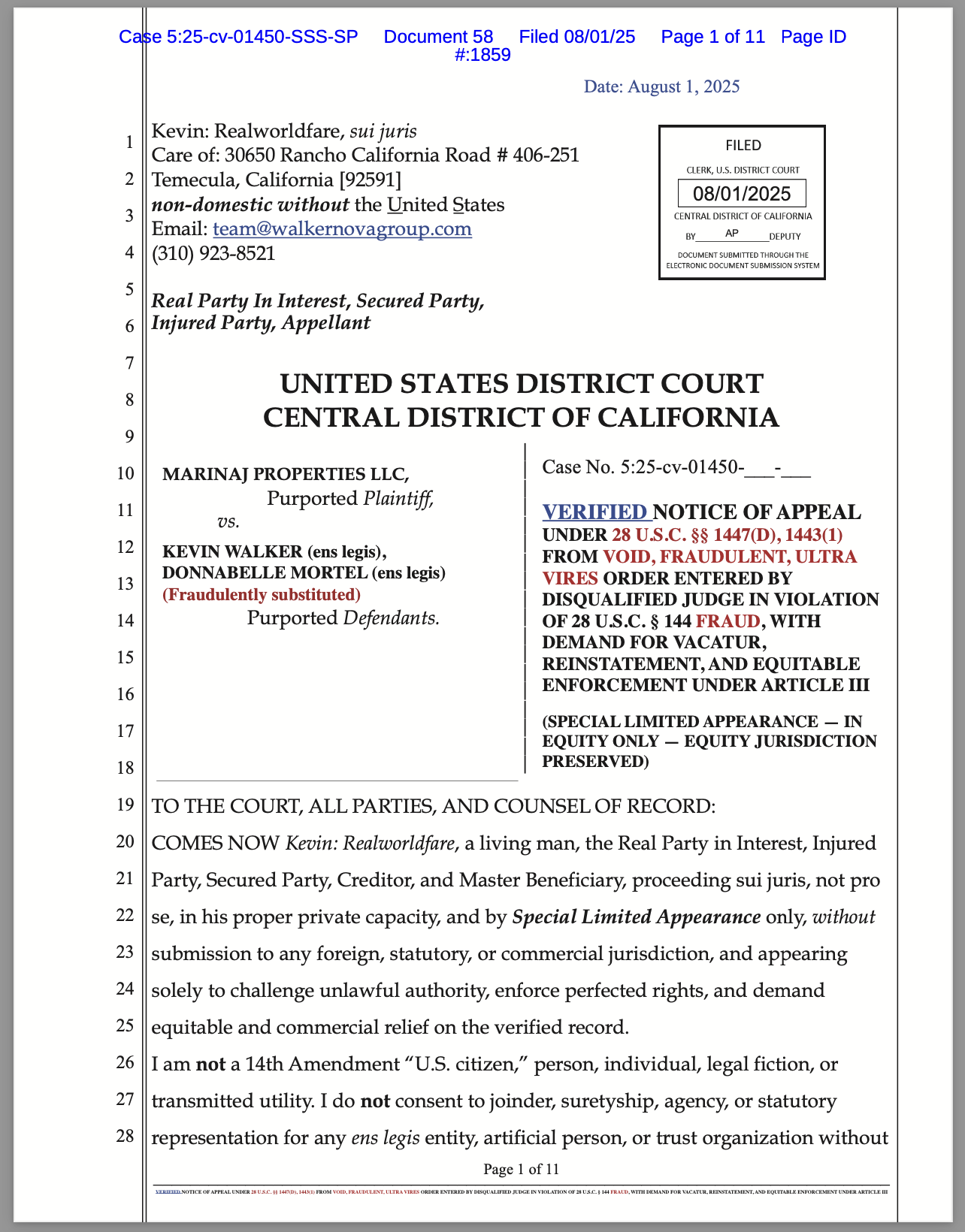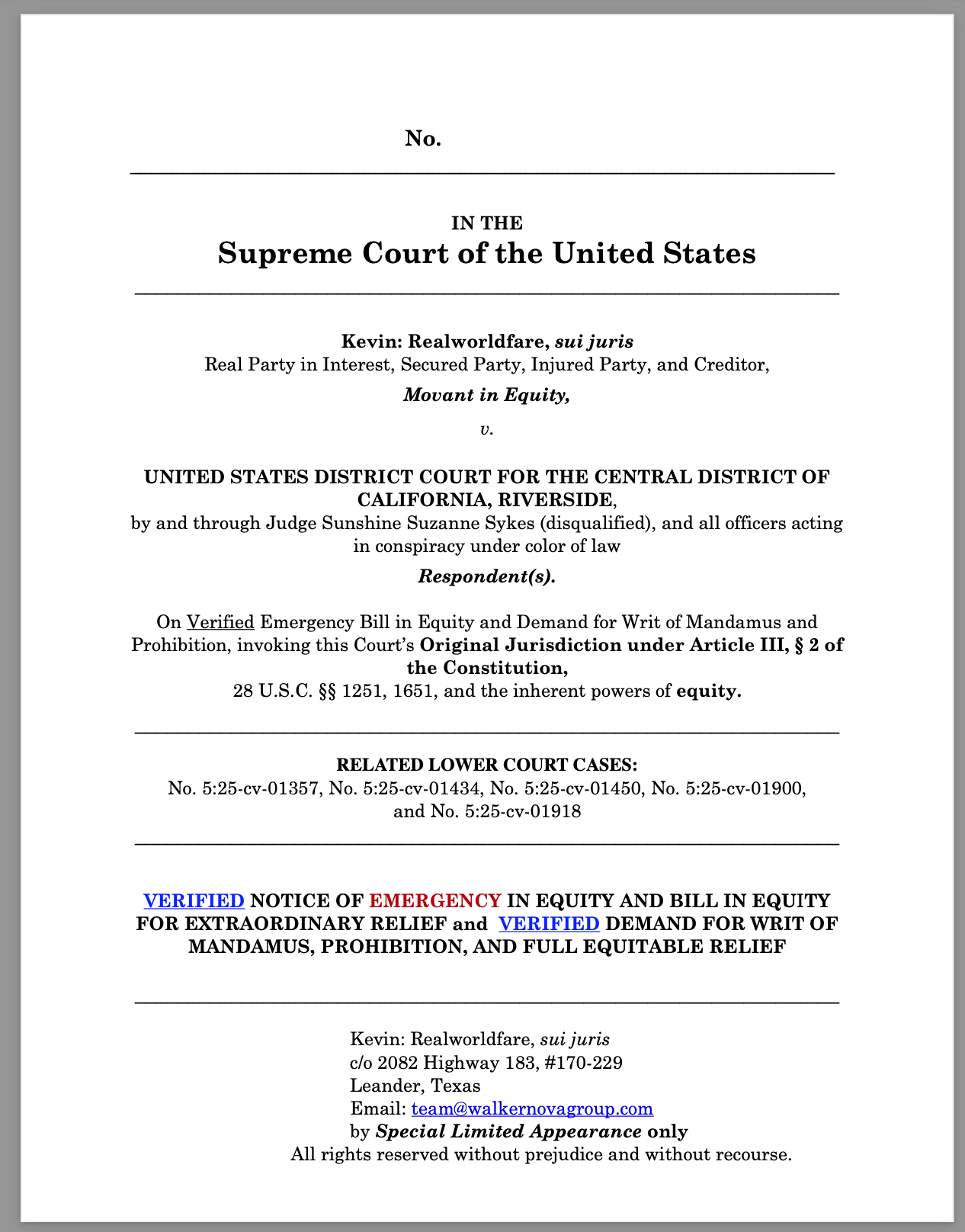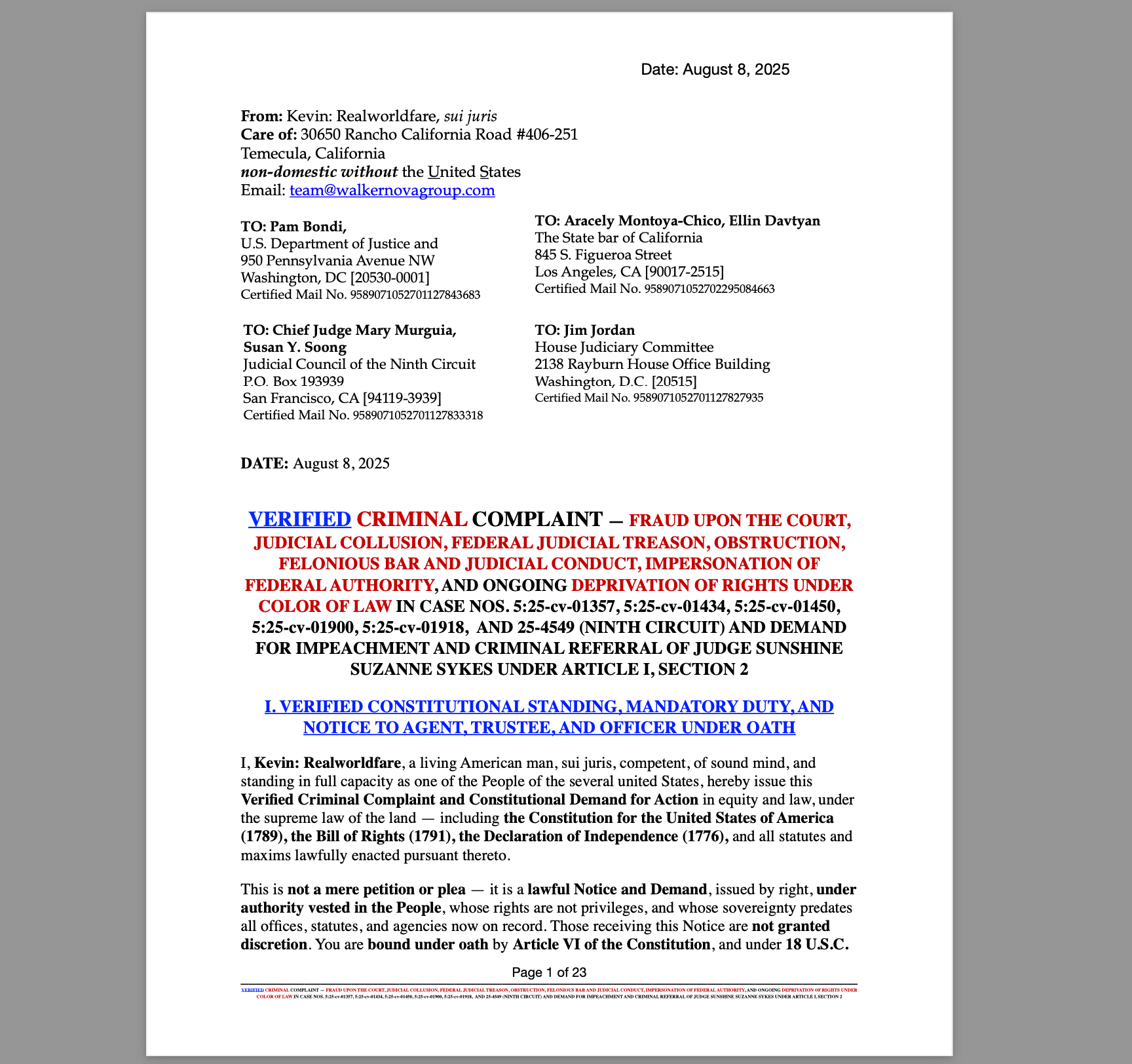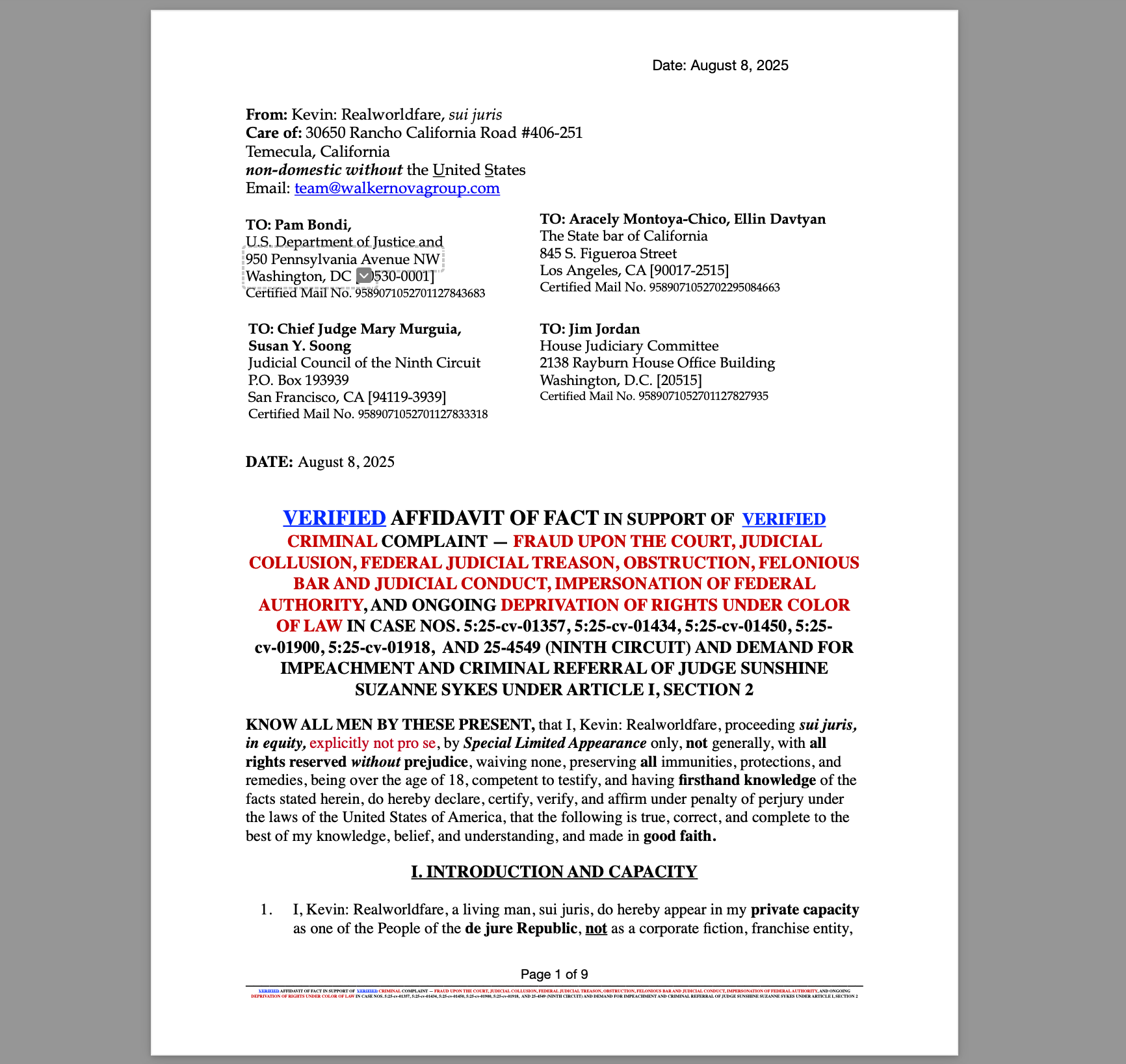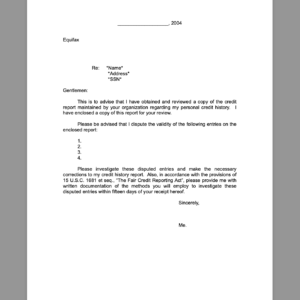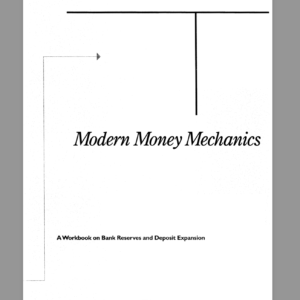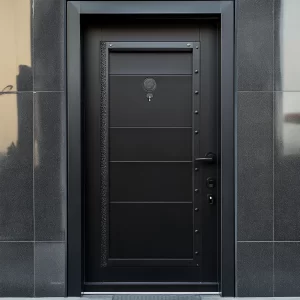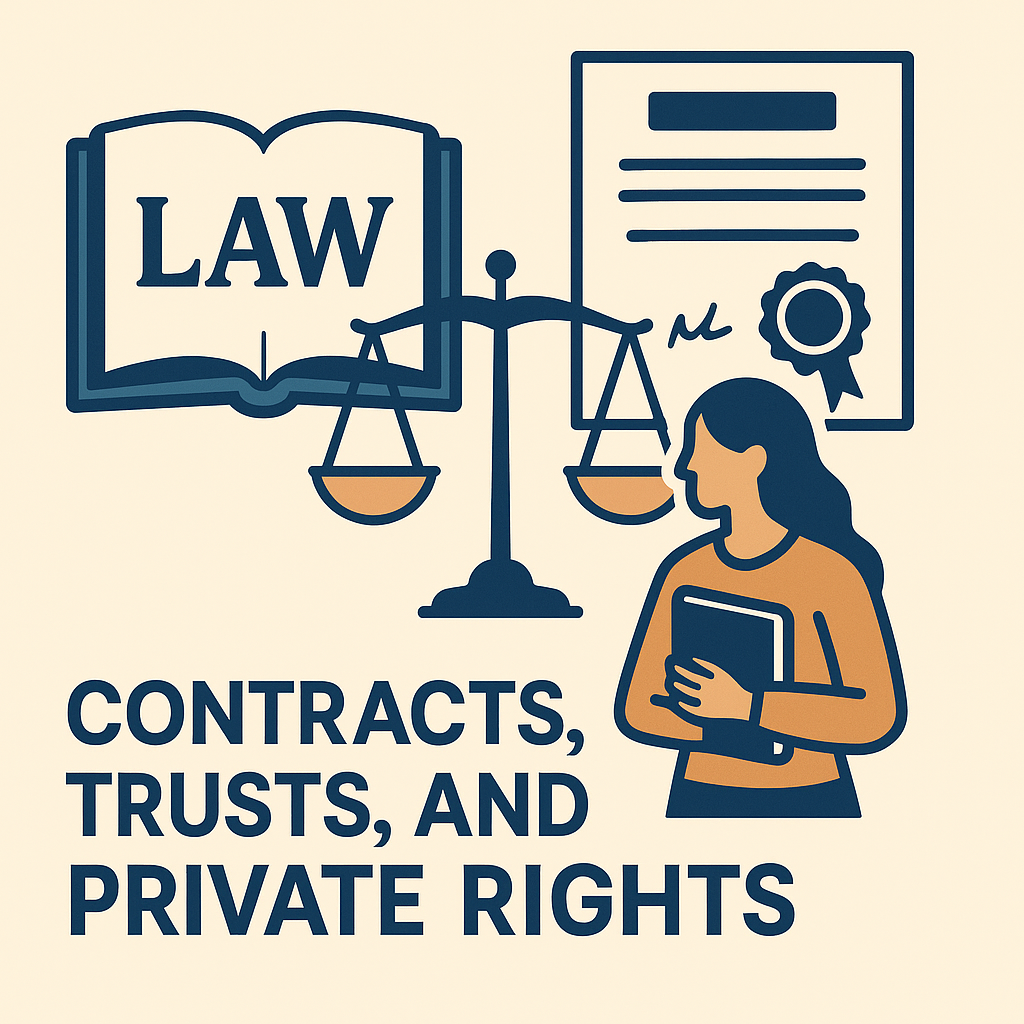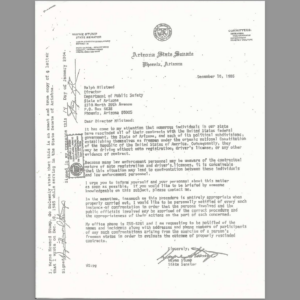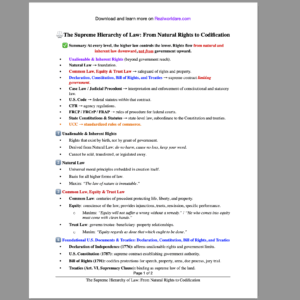The dishonourable Judge Sunshine Suzanne Sykes of the Central District of California continues to act in cases where she is permanently disqualified under 28 U.S.C. §§ 144 and 455 and Rule 63. Despite multiple verified affidavits of bias, and verified motions, pending appeals, pending writ of mandamus relief from the Ninth Circuit, and an active Supreme Court Bill in Equity and Petition for Writ of Mandamus, she has gagged the Real Party in Interest, Kevin: Realworldfare, and dismissed all claims without lawful authority.
Disqualification Ignored — Four (4) Cases Compromised
The record shows Sykes was disqualified not once, but across four separate federal cases, yet she persisted in issuing orders:
-
Kevin Realworldfare v. Marinaj Properties LLC, et al., Case No. 5:25-cv-01357 — “randomly reassigned” to Sykes after disqualification was already in place. This reassignment was no accident; it was judicial manipulation, plain and simple (on appeal).
-
Marinaj Properties LLC v. Kevin Walker, et al., Case No. 5:25-cv-01450 — removed unlawful detainer (on appeal).
-
WG Private Irrevocable Trust v. Marinaj Properties LLC, et al., Case No. 5:25-cv-01434 — removed quiet title (on appeal).
-
WG Private Irrevocable Trust v. Marinaj Properties LLC, et al., Case No. 5:25-cv-01900 — re-removed quiet title.
In each case, she ruled on her own disqualification, directly violating the statutory command that a judge “shall proceed no further” (United States v. Sibla, 624 F.2d 864, 867 (9th Cir. 1980); Studley v. United States, 783 F.2d 934, 940 (9th Cir. 1986)).
All Cases on Appeal — Supreme Court Invoked
Every action touched by Sunshine Suzanne Sykes is now on appeal. The record of fraud, suppression of verified filings, and ultra vires orders has been preserved in multiple appellate proceedings, including Ninth Circuit Case Nos. 25-4549, 25-4877, and 25-5113.
In parallel, the United States Supreme Court has been formally invoked in equity by way of a Bill in Equity and Petition for Writ of Mandamus, seeking extraordinary relief and correction of jurisdictional fraud. Because the State of California has become a party to the controversy through fraudulent remands, suppression of federal removal, and obstruction of civil rights, an original action against the State under Article III, Section 2 of the Constitution is imminent and unavoidable.
The judiciary now faces a stark choice: to enforce the Constitution and strike down these void, treasonous acts, or to ratify them and thereby collapse the very structure of Article III jurisdiction itself.
Federal and Congressional Notice — Impeachment Demanded
The fraudulent conduct of Sunshine Suzanne Sykes has been placed on the record before multiple authorities. Verified Affidavits and Criminal Complaints have been served upon Pam Bondi of the U.S. Department of Justice, the State Bar of California (including its disciplinary officers), and Congressman Jim Jordan, Chair of the House Judiciary Committee. These notices place the misconduct squarely within the oversight of both the Executive and Legislative branches.
The verified filings establish that Judge Sykes continued to act after mandatory disqualification under 28 U.S.C. §§ 144 and 455, suppressed verified affidavits, impersonated judicial authority post-divestiture, and engaged in systemic fraud upon the court. These acts are not “judicial errors” — they are high crimes: fraud, obstruction of justice, and treason against Article III.
Impeachment has already been demanded. Under Article I, Section 2, the House of Representatives has a non-discretionary duty to investigate and proceed when federal officers engage in such misconduct. Silence in the face of verified disqualification and fraud is itself misprision of felony under 18 U.S.C. § 4.
The People, the Department of Justice, the State Bar, and Congress are all now on notice. Failure to act would ratify judicial treason and collapse the integrity of Article III.
Fraudulent “Text-Only” Dismissal
On August 26, 2025, Sunshine Suzanne Sykes purported to “dismiss” Case No. 5:25-cv-01357 by way of a “text-only” docket entry (Dkt. 99). This entry was unsigned, unsealed, and devoid of findings or reasoning. By law, such an entry is not a judgment of record but a clerical notation, void ab initio.
Courts of record may speak only through their duly signed orders and judgments. See United States v. F. & M. Schaefer Brewing Co., 356 U.S. 227, 233–34 (1958) (“The only order which counts is the order entered on the records of the court.”); In re Cendant Corp., 260 F.3d 183, 192 (3d Cir. 2001) (judicial action must be embodied in a written order to have operative effect). Federal Rule of Civil Procedure 58(a) confirms this: judgment “must be set forth in a separate document.” An unsigned text entry does not qualify.
Orders entered without jurisdiction are not merely erroneous but “absolute nullities, open to collateral attack.” Ex parte Lange, 85 U.S. (18 Wall.) 163, 176 (1874); Valley v. Northern Fire & Marine Ins. Co., 254 U.S. 348, 353–54 (1920). An unsigned docket note cannot extinguish verified claims, especially when the judge was already disqualified under 28 U.S.C. §§ 144, 455 (United States v. Sibla, 624 F.2d 864, 867 (9th Cir. 1980); Studley v. United States, 783 F.2d 934, 940 (9th Cir. 1986)).
Fraud upon the court is defined as conduct that “strikes at the very integrity of the judicial process” and “cannot be tolerated.” Hazel-Atlas Glass Co. v. Hartford-Empire Co., 322 U.S. 238, 246 (1944). The issuance of Dkt. 99 was not adjudication but fraudulent simulation of judicial process — a procedural façade concealing the verified, unrebutted record and unlawfully gagging the Real Party in Interest.
Maxim of Law: That which is void produces no effect. Accordingly, Dkt. 99 is void for all purposes, incapable of creating rights, obligations, or consequences, and its very existence is proof of fraud and obstruction under color of law.
Verified Record Suppressed
Kevin: Realworldfare filed only verified pleadings and sworn affidavits pursuant to 28 U.S.C. § 1746, including multiple Verified Motions for Summary Judgment in Equity (Dkts. 25, 59, 81, 93). Every one of these filings was supported by sworn fact and law. Not a single affidavit was rebutted point-for-point.
The law is absolute: unrebutted affidavits stand as truth. United States v. Kis, 658 F.2d 526, 536 (7th Cir. 1981) (“Unrebutted allegations in an affidavit must be taken as true.”); Thompson v. Commissioner, 631 F.2d 642, 649 (9th Cir. 1980) (a sworn declaration unrebutted “is binding and conclusive”); Anderson v. Liberty Lobby, Inc., 477 U.S. 242, 255 (1986) (at summary judgment, the nonmovant must produce evidence — silence is fatal). Equity itself commands: “Equity regards as done that which ought to be done.”
Yet instead of entering judgment as mandated, Sykes unlawfully struck and suppressed verified dispositive motions. This was not mere error; it was the obliteration of due process and the People’s unalienable right to be heard. Suppressing verified evidence and gagging the Real Party in Interest is fraud upon the court, which “strikes at the integrity of the process and cannot be tolerated” (Hazel-Atlas Glass Co. v. Hartford-Empire Co., 322 U.S. 238, 246 (1944)).
Maxim of Law: Fraud vitiates everything it touches. By striking unrebutted, verified affidavits, Sykes did not adjudicate — she erased law, fact, and truth from the record. Such conduct is not judicial discretion but deliberate obstruction, suppression of evidence, and treason against Article III.
Appellate and Supreme Court Jurisdiction Invoked
Furthermore compounding the fraud, t the time of the fraudulent “text-only” dismissal (Dkt. 99), appeals were already pending in the Ninth Circuit (Case Nos. 25-4549, 25-4877, 25-5113). The law leaves no doubt: once a notice of appeal or mandamus is filed, the district court is divested of jurisdiction. Griggs v. Provident Consumer Discount Co., 459 U.S. 56, 58 (1982); Natural Resources Defense Council v. Southwest Marine, Inc., 242 F.3d 1163, 1166 (9th Cir. 2001); McClatchy Newspapers v. Central Valley Typographical Union, 686 F.2d 731, 734 (9th Cir. 1982); Ruby v. Secretary of U.S. Navy, 365 F.2d 385, 389 (9th Cir. 1966) (en banc). Any order entered after divestiture is not adjudication but a legal nullity, void ab initio.
Despite this black-letter law, Sunshine Sykes persisted in issuing orders after both disqualification and divestiture, making each act fraud, usurpation, and criminal impersonation of judicial authority. As the Supreme Court long ago confirmed: “When a court acts without jurisdiction, its judgments and orders are nullities” (Ex parte Lange, 85 U.S. 163, 176 (1874)); such acts are “absolute nullities” (Valley v. Northern Fire & Marine Ins. Co., 254 U.S. 348, 353–54 (1920)).
In parallel, a Bill in Equity and Petition for Writ of Mandamus was filed in the United States Supreme Court, squarely invoking Article III, Section 2. Because the State of California has been dragged into this controversy by fraudulent remand and obstruction, the matter necessarily falls within the Supreme Court’s original jurisdiction. See Cohens v. Virginia, 19 U.S. (6 Wheat.) 264, 393 (1821) (original jurisdiction where a State is a party is mandatory, not discretionary).
Maxims of law apply: That which is void produces no effect; No one can confer jurisdiction where none exists. Accordingly, Dkt. 99 is not adjudication but fraud upon the court, obstruction of justice, and treason against Article III, now properly before both the Ninth Circuit and the Supreme Court for mandatory correction.
Treason Against Article III
This is not “judicial error.” It is deliberate fraud upon the court — conduct that “strikes at the very integrity of the judicial process and cannot be tolerated.” Hazel-Atlas Glass Co. v. Hartford-Empire Co., 322 U.S. 238, 246 (1944). Once disqualification is invoked, the judge “shall proceed no further.” United States v. Sibla, 624 F.2d 864, 867 (9th Cir. 1980); Studley v. United States, 783 F.2d 934, 940 (9th Cir. 1986). Any act thereafter is void ab initio.
Orders entered after both disqualification and divestiture are not “mistakes” but “absolute nullities, open to collateral attack.” Ex parte Lange, 85 U.S. 163, 176 (1874); Valley v. Northern Fire & Marine Ins. Co., 254 U.S. 348, 353–54 (1920). The Supreme Court has confirmed for over a century that when a judge acts without jurisdiction, she “acts in the face of the law, and is liable as any other individual.” Bradley v. Fisher, 80 U.S. (13 Wall.) 335, 351 (1871).
By continuing to impersonate judicial authority in direct defiance of binding law, Sunshine Suzanne Sykes has not merely erred — she has forfeited the protections of judicial office, committed criminal contempt of Article III, and betrayed the People’s unalienable right to remedy. Maxims of law apply: Fraud vitiates everything, That which is void produces no effect, and No one can confer jurisdiction where none exists.
This conduct is nothing less than treason against Article III and against the sovereignty of the People themselves.
Conclusion
All of Sykes’ cases are now on appeal. Every fraudulent order is preserved for review. The Ninth Circuit and the Supreme Court now face the unavoidable question: will they enforce the law and strike down a disqualified impostor’s orders, or will they ratify judicial treason against Article III?
